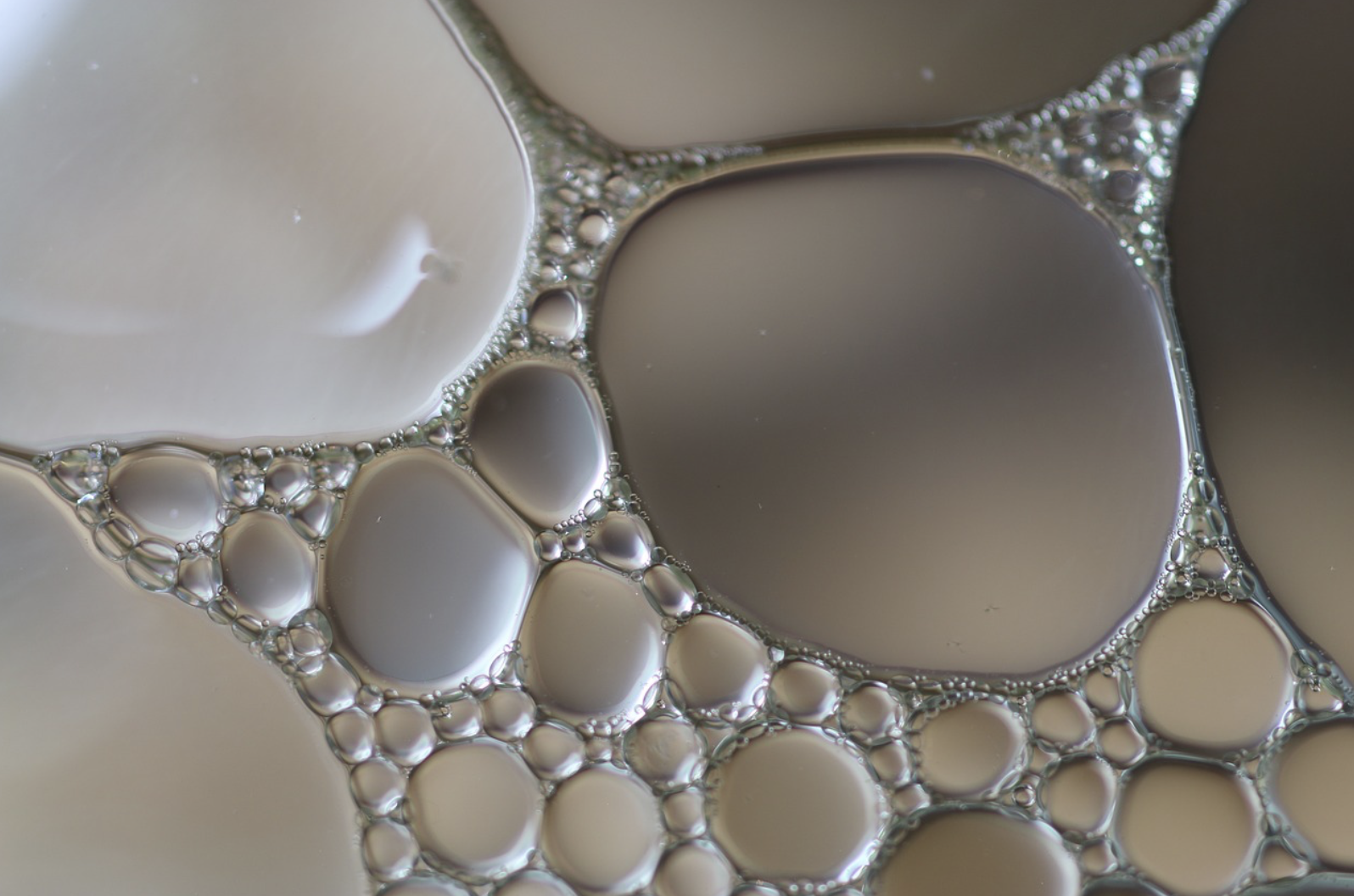

FDA Moves to Ban Harmful Food Chemicals – What You Need to Know
The FDA is taking action to ban several harmful food chemicals commonly found in processed foods, including artificial dyes and preservatives linked to cancer, hormone disruption, and behavioral issues. Additives like Red Dye No. 3, Brominated Vegetable Oil, and Potassium Bromate are under scrutiny due to potential health risks. As other countries have already prohibited these ingredients, this FDA decision marks a step toward stronger food safety standards in the U.S.
Terpenoids
Terpenoids are nature’s multitaskers, offering everything from vibrant aromas to potential health benefits. Found in fruits, vegetables, herbs, and spices, these plant compounds are more than just a pleasant scent—they could be key to better health.fruit
Cinnamaldehyde
Cinnamaldehyde, the key compound in cinnamon, is more than a flavor enhancer. With health benefits ranging from anti-inflammatory properties to antimicrobial effects, it has diverse uses in food, medicine, and even pest control.
Isoamyl Acetate
Isoamyl acetate is a natural and synthetic compound responsible for the distinct banana scent. From foods to perfumes, this versatile compound has numerous applications, but its industrial use raises safety and health concerns.





